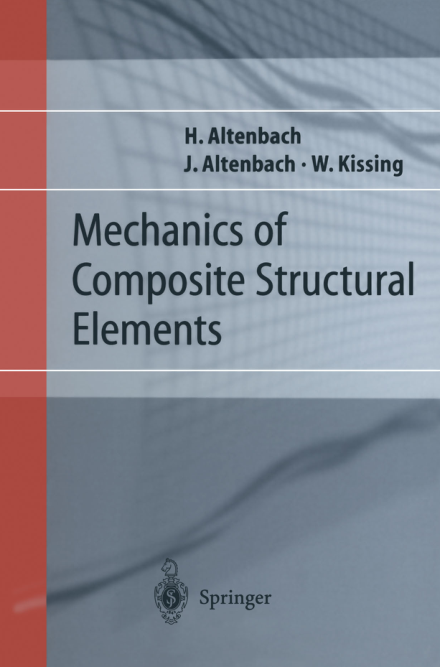Laminate and sandwich structures are typical lightweight elements with rapidly ex panding application in various industrial fields. In the past, these structures were used primarily in aircraft and aerospace industries. Now, they have also found ap plication in civil and mechanical engineering, in the automotive industry, in ship building, the sport goods industries, etc. The advantages that these materials have over traditional materials like metals and their alloys are the relatively high specific strength properties (the ratio strength to density, etc). In addition, the laminate and sandwich structures provide good vibration and noise protection, thermal insulation, etc. There are also disadvantages – for example, composite laminates are brittle, and thejoining of such elements is not as easy as with classical materials. The recycling of these materials is also problematic, and a viable solution is yet to be developed. Since the application of laminates and sandwiches has been used mostly in new technologies, governmental and independent research organizations, as well as big companies, have spent a lot of money for research. This includes the development of new materials by material scientists, new design concepts by mechanical and civil engineers as well as new testing procedures and standards. The growing de mands of the industry for specially educated research and practicing engineers and material scientists have resulted in changes in curricula of the diploma and master courses. More and more universities have included special courses on laminates and sandwiches, and training programs have been arranged for postgraduate studies
 کتاب سل Ketab Sell | کتاب سل، بزرگترین منبع کتاب و جزوههای دانشجویی
کتاب سل Ketab Sell | کتاب سل، بزرگترین منبع کتاب و جزوههای دانشجویی









Reviews
There are no reviews yet.